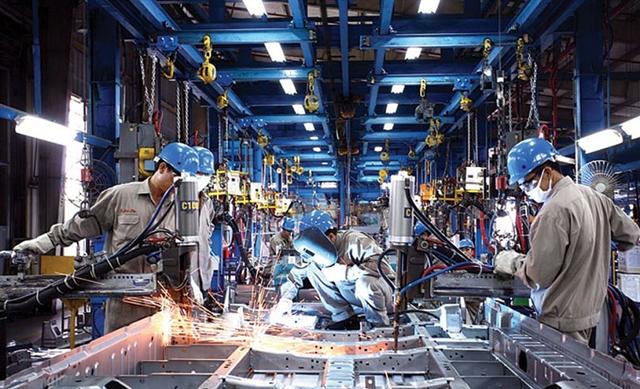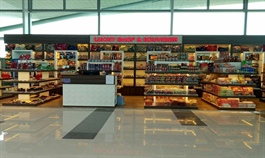Vietnam emerges as top alternative for global supply chain shift
Vietnam emerges as top alternative for global supply chain shift
The number of US-based companies seeing Vietnam as a top sourcing market has doubled over the past four years as a result of the global investment relocation trend from China.

More and more US-based businesses find Vietnam a good replacement for China
|
Hong Kong-based QIMA specialised in providing supply chain compliance solutions has just released a survey of over 700 companies across the globe. Of this, the number of US-based respondents selecting the Southeast Asian country as the leading sourcing location has doubled against four years ago, to 43 per cent in early 2021.
Similarly, 25 per cent of EU companies also listed Vietnam as one of the three leading sourcing markets in this year’s first quarter, down 15 per cent on-year but up 11 per cent against the same period of 2019.
Of all establishments switching to suppliers in new geographic regions last year to avoid COVID-19 impacts, nearly one-third revealed that the 100-million population country is one of their best options. For US-based business, the rate was even higher, at 40 per cent.
QIMA also forecast the trend to continue this year. Of the companies asked for finding new suppliers over the next 12 months, 38 per cent of US-based establishments and 28 per cent of those from the EU stated that they are planning to relocate some sourcing to Vietnam or buy more from current suppliers there. On the other hand, only 6 per cent of US-based brands and 11 per cent of those from the EU were looking for suppliers in China.
Also, US-based respondents showed some signs of dissatisfaction with Chinese sourcing. While one-third of them are planning to purchase more from Chinese suppliers in 2021, almost as many reported plans to completely stop buying from the market.
Nevertheless, words and actions often differ. Pointedly, in the survey, 73 per cent of companies said they had plans to look for new suppliers in 2020 but only 38 per cent were able to follow through on those schemes. For brands headquartered in the US, 93 per cent declared to diversify supply chains in early 2020 but only 49 per cent carried out these plans.



























